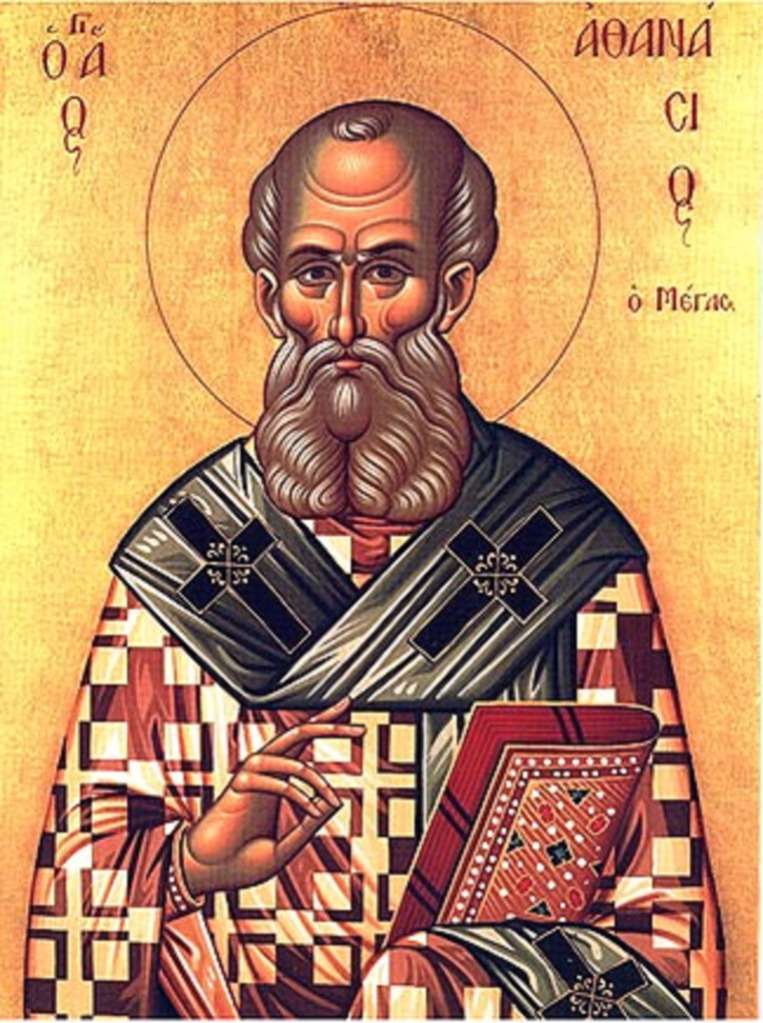 Today, is the celebration of All Saints’ Day. What is All Saints’ Day and why should we celebrate it?
Today, is the celebration of All Saints’ Day. What is All Saints’ Day and why should we celebrate it?
Since the 4th century, Christians have celebrated the lives of saints and martyrs. However, it was not until AD 609 that Pope Boniface IV dedicated one day of remembrance for all martyrs. Since that time, and after a broadening by Pope Gregory IV in 837 into a celebration of all past saints, All Saints’ Day has been a solemn holy day in the Roman Catholic Church, often connected with reverence for past Christians and relics. While often criticized for idolatrous veneration of departed Christians, even after the Reformation, most Protestants continued to celebrate All Saints’ Day as a way to connect God’s faithfulness to His people in times past with God’s faithfulness to His people now.
In Hebrews, chapter 11, the writer takes us through what is sometimes called the “Hall of Faith.” We hear of Abraham and Sarah, Jacob and Joseph, Moses and Rahab — all of whom faithfully walked through their ups-and-downs with God. The first words of chapter 12 take a sudden turn to the present: “Therefore, since we are surrounded by such a great cloud of witnesses, let us throw off everything that hinders and the sin that so easily entangles. And let us run with perseverance the race marked out for us.” The lives of great heroes of the faith are celebrated as an inspiration for the Christians listening in the present moment, that they too might live with God faithfully in their everyday lives.
I love that phrase: “since we are surrounded by such a great cloud of witnesses.” Those witnesses are the believers in God that have gone before us. They bear witness to us that there is a way to live faithfully with God upon earth now even as they also bear witness that there is future hope with God beyond our earthly lives. Although it may sound strange to our ears, all past believers are ‘saints’ in that they are ‘holy ones’ (the literal translation of the Greek word hagioi) through Jesus Christ. All Saints’ Day brings to the foreground the spiritual bond that exists between believers from all times and in all places. More specifically, All Saints’ Day highlights the connection between the saints who have gone ahead of us into God’s presence (sometimes called “the Church triumphant”) and the saints still upon this earthly plane (sometimes called “the Church militant”). We celebrate those who have gone before us so that we might be encouraged to run the race before us with our eyes fixed on Jesus.
In a culture dominated by the ever-pressing latest and greatest that is new and now, All Saints’ Day is a powerful corrective. It reminds that we are an important part of God’s story, but we are not the only part of the story. When we celebrate the saints of previous times we realize that we would not be here were it not for Abraham, Jacob, Ruth, David, Esther, Isaiah, Mary, and so many more.
In a culture that is obsessed with our present opinions about our present matters, All Saints’ Day offers us perspective. It helps us grow beyond “the small and arrogant oligarchy of those who merely happen to be walking about,” to steal a phrase from G. K. Chesterton. We reconnect with Catherine of Siena and Augustine of Hippo, with Perpetua of Carthage and Janani Luwum of Uganda, with Sojourner Truth and Blaise Pascal. We need them; perhaps even more than we know.
In a culture that has forgotten how to think about the future, All Saints’ Day reminds us to have hope of a future day. Since there are saints who have gone before us, we can persevere now as saints upon earth. Jesus Himself told us that He is preparing a place for us and, as John testifies, there will be a great company there of saints from every tribe, tongue, and nation around God’s throne celebrating in God’s eternal kingdom.
By God’s grace, we, too, will join that great company. But until we do, we celebrate God’s faithfulness in their lives as a means to lean into God’s faithfulness in our own lives as persevering pilgrims in this land that is not our home.


 Today, is the celebration of All Saints’ Day. What is All Saints’ Day and why should we celebrate it?
Today, is the celebration of All Saints’ Day. What is All Saints’ Day and why should we celebrate it?
